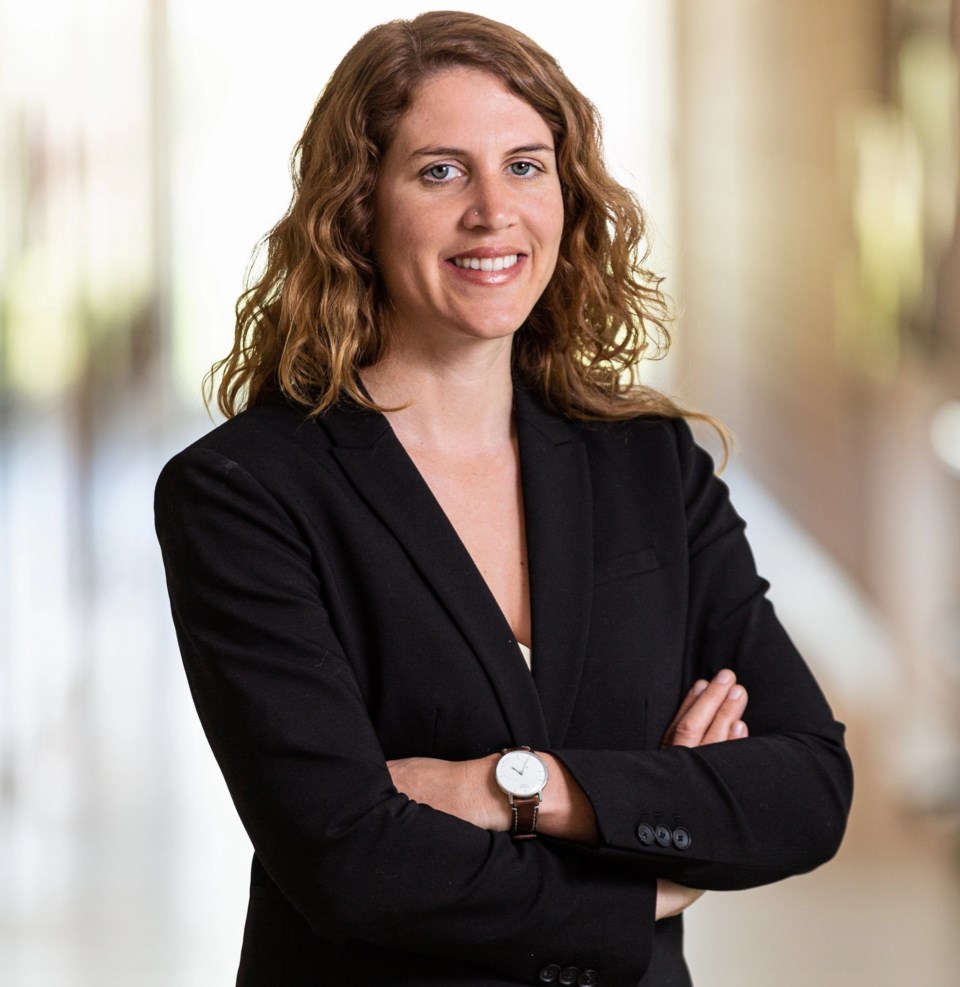NEWS RELEASE
LAKEHEAD UNIVERSITY
*************************
A study led by Lakehead University researchers, in collaboration with Learning for a Sustainable Future, reveals that Canadians are deeply concerned about climate change, yet only half feel they know enough about the issue.
The nationwide study, Canada, Climate Change and Education: Opportunities for Public and Formal Education, paints a broad picture of Canadians’ understanding of climate change and their desire for more education about the issue, both inside and outside of schools. Schools and curricula, the study revealed, are falling short of Canadians’ expectations for learning about climate change.
“Canadians are telling us that how we respond to climate change needs to change,” said Dr. Ellen Field, Social Sciences and Humanities Research Council (SSHRC) postdoctoral fellow in the Faculty of Education at Lakehead University's Orillia campus and principal investigator of the study.
“Students, parents and teachers agreed that schools should be doing more to educate young people about climate change and that climate change education is the responsibility of the school system.”
According to the study there is a lack of basic knowledge about climate change among Canadians, including many Canadian teachers.
“There is variation in teachers’ level of preparedness when it comes to teaching about climate change,” explained Pamela Schwartzberg, President and CEO, Learning for a Sustainable Future.
Only a third of teachers surveyed (35 per cent) reported teaching about climate change. For teachers who do integrate climate change content, most students experience one to 10 hours of instruction per year or semester on the topic.
“We need to improve this statistic,” Schwartzberg stated.
While, 32 per cent of the teachers surveyed believed they have enough knowledge to teach about climate change, over half (54 per cent) indicated that they wanted more professional development on climate change education.
Schwartzberg added, “Learning for a Sustainable Future has worked for over two decades to provide professional development and high-quality resources to teachers and, now more than ever, can offer solutions to act fast and deliver on the expectations of Canadian youth, teachers and the public.”
When it came to Canadian youths’ knowledge of climate change, Field explained that almost 46 per cent of students in grades seven to 12 were aware that climate change is human-caused. What the researchers were not expecting was the response from Canadian youth that they didn’t feel mitigation efforts will change the course of climate change.
“It is deeply concerning that almost half of students in junior and high school don’t believe that greenhouse gas reduction policies can have an impact,” Field stated.
“In the midst of a climate crisis, the study shows the critical need for more emphasis on climate change education in schooling, and suggests possible ways forward for provinces, school boards, principals and teachers,” explained Dr. Paul Berger, Chair of Graduate Studies & Research in the Faculty of Education at Lakehead University and supervisor of the project.
“This study is a major contribution at a crucial time for action.”
The study was supported with funding from the Social Sciences and Humanities Research Council (SSRHC).
*************************



